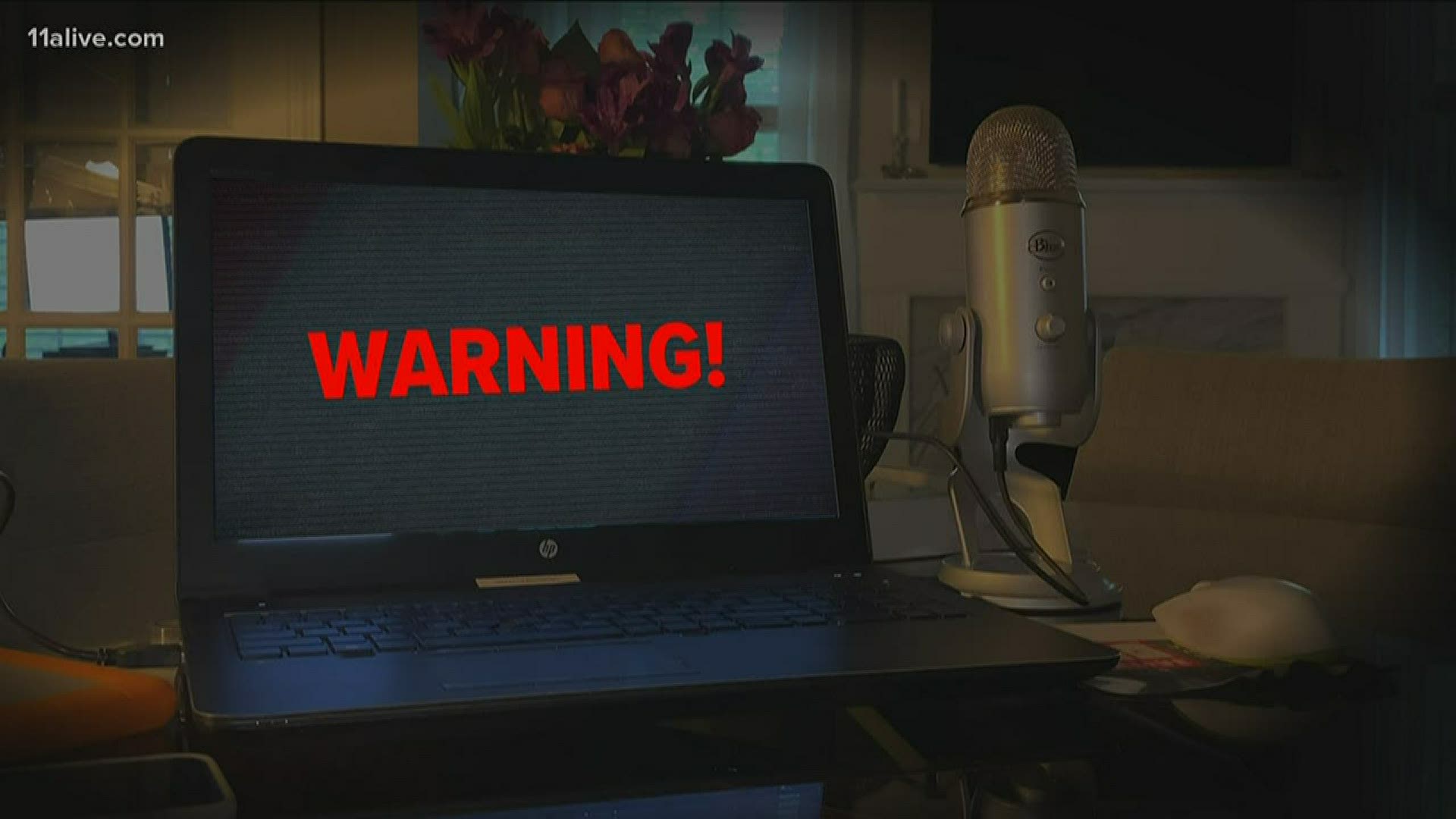ATLANTA — In what can only be described as a new low, The International Criminal Police Organization said attacks against hospitals from hackers are significantly increasing.
INTERPOL said in a news release the attacks "could directly lead to deaths."
“Although a lot has changed in our world, when it comes to the cyber world and the hacker world, nothing has changed," said Maya Levine, a Security Engineer with the cyber-security company, Checkpoint Software.
When the U.K reached their peak, hackers targeted Hammersmith Medicines Research, a London-based company carrying out clinical trials for new medicines and vaccines for COVID19.
RELATED: What is Ransomware?
It’s happening in the U.S. as well; hospitals are turning to cyber companies to protect them.
“We’re seeing that there are hospitals that are still being targeted with ransomwares, with distributed denial of service attacks," explained Levine. "We have confirmed that there are attacks in states that are heavily affected with COVID-19”
Levine couldn't say which U.S. hospitals were hit for privacy and contractual reasons, but did say massive influxes of patients and staff working remotely, makes healthcare providers a prime target.
And the reason? Money.
“I’m going to lock you out of files, systems, things that you need to do your business, so that you have to pay me money in order to get those files, systems, whatever it was back," said Levine.
It’s happened before. In 2018, hackers sent ransomware attacks to the city of Atlanta, interrupting city operations. And in 2018, the FBI reported 140 attacks targeting public state and local governments and health care providers.
But now, attacks are more dangerous than ever.
Levine said, “to lock down a hospital, is potentially putting people in danger.”
Hackers also go after healthcare providers to obtain medical records, which can be sold for a high profit on the dark web, Levine explained.
“A lot of the information in medical records can be used for identity fraud.”
And with millions working from home, hackers are going after people working remotely.
In a move called "Zoombombing", hackers aren’t targeting you for money, but for fun or to listen in for information about a company they can share.
“Assume what happens in Zoom doesn’t stay in Zoom," said Levine.
But, you can protect yourself, your meetings, your computer by updating the software, using passwords for Zoom meetings and only letting authorized users into your meeting.
For emails, you can also make sure you’re not clicking on shady links. Not sure if the link is legit? Try a link checker like VirusDesk.
You enter the link you were sent in an email and this tool scans the links and tells you if it’s from a trusted source.
Meanwhile, INTERPOL said it's "assisting police with investigations into ransomware cases in affected member countries as well as analysis of cybercrime threat data to help law enforcement agencies mitigate the risks."
OTHER HEADLINES

